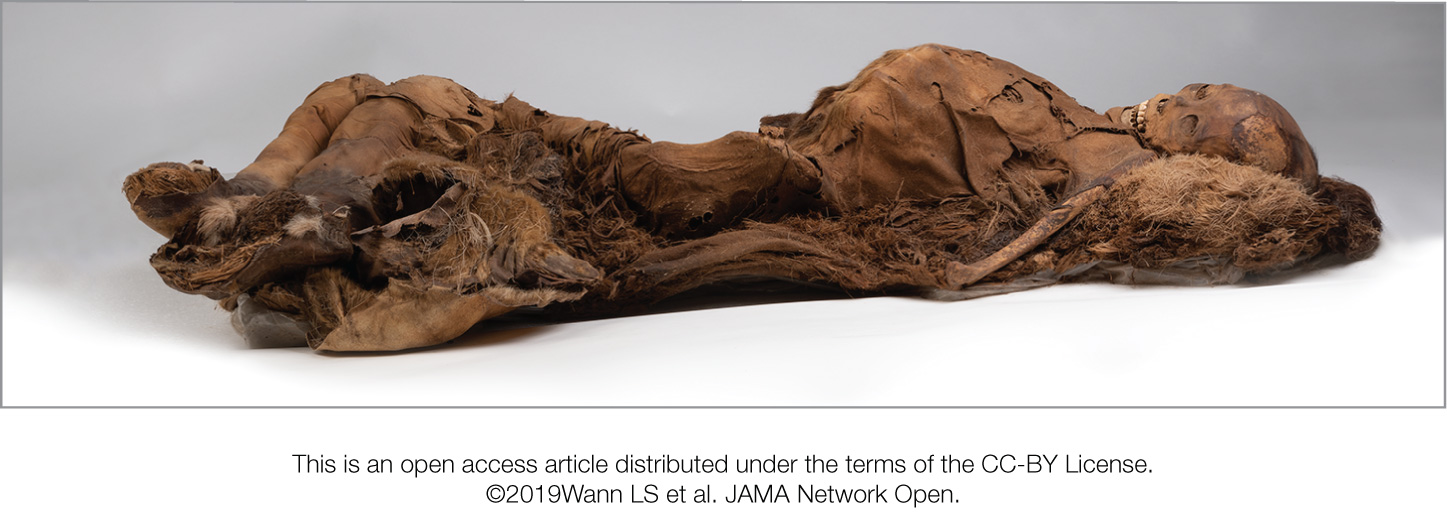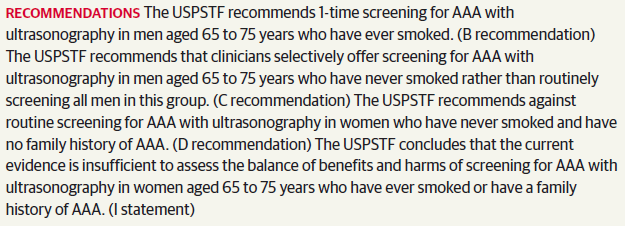JAMA
EMBARGOED FOR RELEASE: 11 A.M. (ET), TUESDAY, NOVEMBER 26, 2019
Media advisory: To contact corresponding author Steven H. Woolf, M.D., M.P.H., email Mary Kate Brogan at broganm2@vcu.edu. The full study and editorial are linked to this news release.
Embed this link to provide your readers free access to the full-text article This link will be live at the embargo time https://jamanetwork.com/journals/jama/fullarticle/10.1001/jama.2019.16932?guestAccessKey=c1202c42-e6b9-4c99-a936-0976a270551f&utm_source=For_The_Media&utm_medium=referral&utm_campaign=ftm_links&utm_content=tfl&utm_term=112619
Bottom Line: Examining life expectancy in the United States over nearly 60 years and identifying factors that contributed to recent increases in mortality were the focus of this expansive report. Researchers used data from the Centers for Disease Control and Prevention and the U.S. Mortality Database to analyze changes in life expectancy and mortality rates, and they reviewed epidemiologic literature to add context to the vital statistics and explore explanations for the trends. Life expectancy increased almost 10 years, from 69.9 years in 1959 to 78.9 years in 2016, but the pace slowed over time and life expectancy decreased in the U.S. for three consecutive years after 2014. Contributing to that decrease, the researchers report, was an increase in deaths among working-age adults, those ages 25 to 64, from causes such as drug overdoses, suicides, and a long list of organ system diseases. The report includes an analysis at the state level, showing that the trend was more concentrated in certain regions, notably the Industrial Midwest and northern New England. The authors discuss potential explanations for rising mortality, among them drugs, obesity, the health care system, mounting stress and the economy. Limitations of the report include mortality data that can be subject to errors such as an inaccurate determination of cause of death, race misclassification and undercounting.
Authors: Steven H. Woolf, M.D., M.P.H., and Heidi Schoomaker, M.A.Ed., of the Virginia Commonwealth University School of Medicine, Richmond, Virginia.
(doi:10.1001/jama.2019.16932)
Editor’s Note: The article includes funding/support disclosures. Please see the article for additional information, including other authors, author contributions and affiliations, financial disclosures, funding and support, etc.
# # #
For more information, contact JAMA Network Media Relations at 312-464-JAMA (5262) or email media relations.



